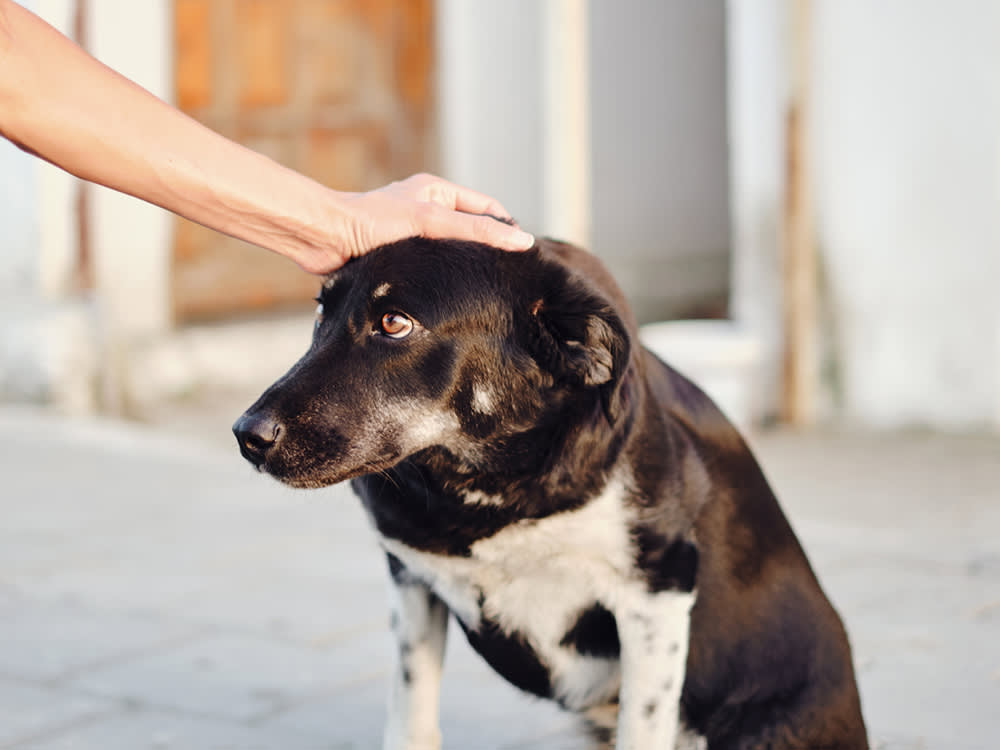Pets are beloved members of many families, and their well-being is of paramount importance. However, even the most well-behaved pets can sometimes exhibit problematic behaviors that can be frustrating and even dangerous. In such cases, it may be necessary to seek professional help from a pet behaviorist. Pet behaviorists are animal professionals who specialize in identifying and modifying unwanted behaviors in pets. They use a variety of techniques to help pet owners understand their pets' behavior and develop strategies to address and correct problematic behaviors.
Find the Right Pet Behaviorist for Your Pet

Finding the right pet behaviorist for your furry friend can be a daunting task, especially if you're not familiar with the field. With so many options available, how do you know which one is the right fit for your pet? This section will provide a step-by-step guide to help you navigate through the process of finding a reliable and qualified pet behaviorist.
Identifying Qualified Pet Behaviorists
The first step in finding a pet behaviorist is to ensure that they are qualified and certified in their field. There are several organizations that offer certifications for pet behaviorists, such as the Certification Council for Professional Dog Trainers (CCPDT) and the International Association of Animal Behavior Consultants (IAABC). These certifications require rigorous training and testing, ensuring that the behaviorist has the necessary knowledge and skills to work with animals.
Additionally, you can also check if the behaviorist has a degree in animal behavior or a related field, such as veterinary medicine, psychology, or biology. A formal education in these areas can provide a strong foundation for understanding animal behavior and applying effective techniques.
Locating Pet Behaviorists in Your Area
Once you have identified the qualifications you are looking for in a pet behaviorist, the next step is to find one in your area. A good place to start is by asking for recommendations from your veterinarian, local animal shelters, or other pet owners. These sources can provide valuable insights and feedback about a particular behaviorist's expertise and success rate.
You can also search for certified pet behaviorists on the websites of organizations such as CCPDT and IAABC. These websites often have a directory of professionals in your area, along with their contact information and areas of specialization.
Online Resources for Finding Pet Behaviorists
In addition to traditional methods of finding a pet behaviorist, there are also online resources available to help you in your search. Websites like Rover and Wag offer directories of certified pet behaviorists, along with reviews and ratings from previous clients.
Social media can also be a useful tool in finding a pet behaviorist. Many behaviorists have active social media pages where they share tips and information about their services. You can also join online communities and forums for pet owners to seek recommendations and advice from other pet owners who may have had experience with a behaviorist.
Types of Pet Behaviorists and Their Specialties

There are different types of pet behaviorists, each with their own areas of expertise. It's essential to understand these different types so that you can choose the most suitable one for your pet's specific needs.
- Certified Applied Animal Behaviorists (CAAB): These behaviorists have a Ph.D. in animal behavior or a related field and have extensive knowledge and experience in diagnosing and treating behavioral issues in animals. They often work closely with veterinarians to address medical causes of behavior problems.
- Veterinary Behaviorists: These professionals are licensed veterinarians who have completed additional training in animal behavior. They can diagnose medical conditions that may contribute to behavior issues and prescribe medication if necessary.
- Certified Professional Dog Trainers (CPDT): CPDTs focus on training and modifying behaviors in dogs, using positive reinforcement techniques.
- Certified Dog Behavior Consultants (CDBC): These professionals also work with dogs but may have a broader range of knowledge and skills that extend to other species, such as cats or birds.
- Fear Free Certified Professionals: Fear Free is a program that focuses on reducing fear, anxiety, and stress in animals during veterinary visits. Fear Free certified professionals can also help address behavior issues related to fear and anxiety in pets.
Questions to Ask Potential Pet Behaviorists

Once you have narrowed down your list of potential pet behaviorists, it's important to ask them specific questions to help you determine if they are the right fit for your pet. Here are some essential questions you should consider asking:
- What qualifications and certifications do you have?
- What is your experience working with animals with similar behavior issues to my pet?
- Can you provide references from previous clients?
- How do you approach treating behavior problems in animals?
- Will you involve me in the training process?
- What techniques do you use, and how do you ensure the safety and well-being of my pet during training?
- How long do you estimate it will take to see results?
- Do you offer follow-up support or consultation after the training is complete?
- What is your fee structure? Is there a package deal available for multiple sessions?
- How do you handle emergencies or unforeseen situations during training?
Red Flags to Watch Out for When Choosing a Pet Behaviorist
While most pet behaviorists are qualified and dedicated professionals, it's essential to be aware of red flags that may indicate a less-than-reliable behaviorist. Here are some signs to watch out for:
- Lack of credentials or certification: A reputable pet behaviorist should have proper education and certifications.
- Use of punishment-based techniques: Positive reinforcement techniques are considered the most effective and humane way to modify behaviors in animals. Avoid behaviorists who rely on aversive methods such as shock collars, prong collars, or physical punishment.
- A one-size-fits-all approach: Every animal is unique, and their behavior issues may stem from different underlying causes. A good behaviorist should tailor their methods to suit your pet's specific needs.
- Lack of transparency: If a behaviorist is not willing to answer your questions or provide references, it may be a red flag.
- Promising quick results: Behavior modification takes time and patience. Avoid behaviorists who promise immediate or guaranteed results.
Interviewing Pet Behaviorists: Tips for Success
Interviewing potential pet behaviorists is an essential step in finding the right one for your pet. Here are some tips to ensure a successful interview:
- Prepare a list of questions beforehand and take notes during the interview.
- Be open and honest about your pet's behavior issues and ask for the behaviorist's opinion.
- Observe how the behaviorist interacts with your pet and if they demonstrate understanding and empathy towards your pet.
- Take your time to make a decision and don't feel pressured to choose a behaviorist on the spot.
Additional Tips for Finding the Best Pet Behaviorist
Here are some additional tips that can help you in your search for the best pet behaviorist:
- Consider consulting with multiple behaviorists before making a decision.
- Look for behaviorists who have experience working with your pet's specific species and behavior problems.
- Check for reviews and ratings from previous clients.
- Ask for recommendations from trusted sources.
- Trust your instincts and choose a behaviorist who you feel comfortable and confident working with.
Conclusion
Seeking help from a qualified pet behaviorist can make a significant difference in addressing and correcting unwanted behaviors in your pet. By following the steps outlined in this guide and being diligent in your search, you can find the right behaviorist for your furry friend and ensure their well-being and happiness. Remember, your pet's behavior is a reflection of their environment and interactions with you, so investing in their training and behavioral health is an investment in their overall quality of life.



